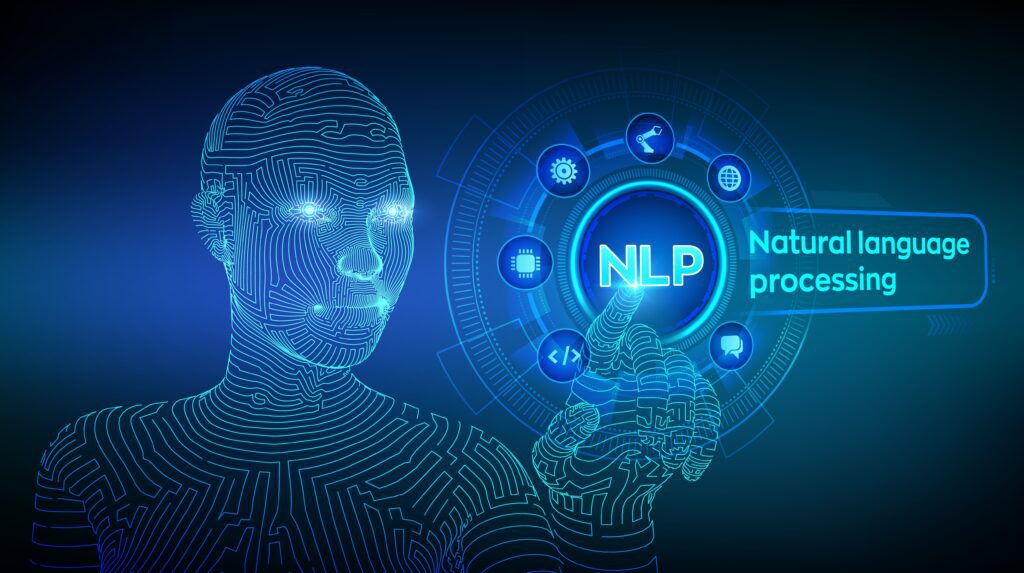In the evolving landscape of global healthcare, the integration of technological innovations has emerged as a cornerstone for transforming operations and enhancing patient care. However, it’s crucial to understand that the healthcare revolution isn’t about the technologies at play but rather how these technologies are used to cater to the specific needs of patients, fulfill the demands of healthcare providers, and achieve the goals of healthcare organizations.
This article aims to provide a comprehensive overview of the current state of tech-driven healthcare advancements, their implications for the future, and the challenges that need to be addressed to realize their potential fully.
Challenges In Traditional Healthcare Systems
Traditional healthcare systems around the world are fraught with challenges that significantly hinder their efficiency and effectiveness. Among these challenges are the following:
- Administrative Inefficiencies
One of the most pressing issues in traditional healthcare settings is administrative inefficiency. This problem manifests in various forms, including cumbersome paperwork, time-consuming manual processes, and outdated communication methods.
For example, the process of scheduling appointments, billing, and managing medical records often involves a complex web of manual tasks that can be streamlined through technology. A promising solution to these challenges is the implementation of NLP in healthcare, which can automate and enhance the efficiency of various administrative processes.
- Limited Access to Patient Data
Access to comprehensive and up-to-date patient data is essential for effective diagnosis, treatment planning, and ongoing care management. However, traditional healthcare systems frequently struggle with fragmented data silos, where patient information is scattered across different departments or even different healthcare facilities.
This fragmentation makes it challenging for healthcare providers to access the complete picture of a patient’s health history, leading to potential gaps in care, redundant testing, and missed opportunities for early intervention.
- Inconsistent Patient Experience
The patient’s experience in traditional healthcare systems is often marked by inconsistency and unpredictability. Patients may encounter long wait times, lack of personalized attention, and varying levels of service quality depending on the healthcare provider or facility.
Such inconsistencies can lead to patient dissatisfaction, reduced trust in the healthcare system, and decreased patient engagement in their care processes. Moreover, the absence of a coordinated approach to patient care often results in a disjointed healthcare journey, where communication gaps can lead to inefficiencies and a higher risk of adverse outcomes.
Key Technological Innovations Transforming Healthcare
The healthcare sector is witnessing a remarkable transformation fueled by a collection of groundbreaking technological developments. The following advancements are doing more than simplifying operational procedures; they’re significantly improving patient care quality and fostering a more customized healthcare journey.
1. Electronic Health Records (EHRs)
EHRs have revolutionized the way patient data is stored, accessed, and managed. Unlike traditional paper-based records, EHRs provide a digital version of a patient’s medical history, making it easily accessible to authorized healthcare providers across different locations.
This seamless accessibility improves the coordination of care, reduces the chances of medical errors, and facilitates more informed decision-making. EHRs also support various functionalities such as e-prescribing, laboratory test results integration, and patient health tracking over time, contributing to a more efficient and effective healthcare delivery system.
2. Natural Language Processing (NLP)

Image credits: AdobeStock
NLP technology is transforming the way healthcare providers interact with patient data and clinical documentation. By enabling computers to understand and process human language, NLP facilitates the extraction of relevant information from unstructured data sources such as clinical notes, research articles, and patient feedback.
This capability supports more accurate clinical decision-making, automates administrative tasks such as coding and documentation, and enhances patient-provider communication by translating complex medical jargon into understandable language.
3. Artificial Intelligence (AI) And Machine Learning (ML)
AI and ML are at the forefront of healthcare innovation, offering capabilities that range from predictive analytics to automated diagnostics. AI algorithms can analyze vast amounts of data to identify patterns and predict health outcomes, enabling preventive care strategies and personalized treatment plans.
In diagnostics, AI-powered tools can assist in interpreting imaging scans with greater accuracy and speed than traditional methods, helping in the early detection of diseases such as cancer. Additionally, AI and ML are instrumental in drug discovery and development, significantly reducing the time and cost associated with bringing new treatments to market.
4. Wearable Technology and Internet of Things (IoT)
Wearable technology and the IoT are personalizing patient care and health monitoring. Devices such as fitness trackers, smartwatches, and wearable biosensors collect health data in real-time, offering insights into an individual’s physical activity, heart rate, sleep patterns, and more.
This continuous monitoring enables early detection of potential health issues, supports chronic disease management, and encourages healthier lifestyle choices. In conjunction, IoT devices in healthcare settings, such as smart beds, enhance patient safety and operational efficiency.
5. Blockchain For Healthcare
Blockchain technology promises to enhance the security, integrity, and interoperability of healthcare data. By creating a decentralized and tamper-proof ledger for health records, blockchain ensures that patient data remains secure and private while still being accessible to authorized individuals.
In addition, this technology facilitates the secure exchange of health information across different healthcare systems and stakeholders, improving data transparency and reducing the risk of fraud.
6. Telemedicine And Virtual Care
Telemedicine has emerged as a critical component of modern healthcare, particularly after the COVID-19 pandemic. It allows patients to consult with healthcare providers remotely through digital platforms, reducing the need for physical visits and making healthcare more accessible, especially in underserved or remote areas.
Virtual care platforms have expanded to include not just video consultations but also remote monitoring and health advisory services, thereby enhancing patient engagement and continuity of care.
Conclusion
The journey towards a tech-enabled healthcare future is filled with potential and promise. As healthcare providers continue to adopt and integrate these technologies, the focus must remain not just on the technological aspects but also on ensuring these solutions are accessible and equitable and maintain the human touch that lies at the heart of healthcare.
Read next: Synechron affirms productivity benefits of GitHub Copilot








